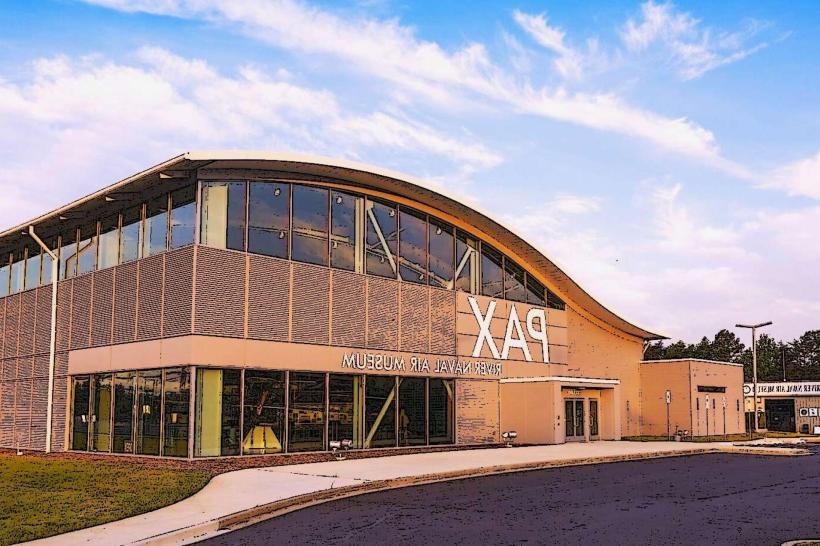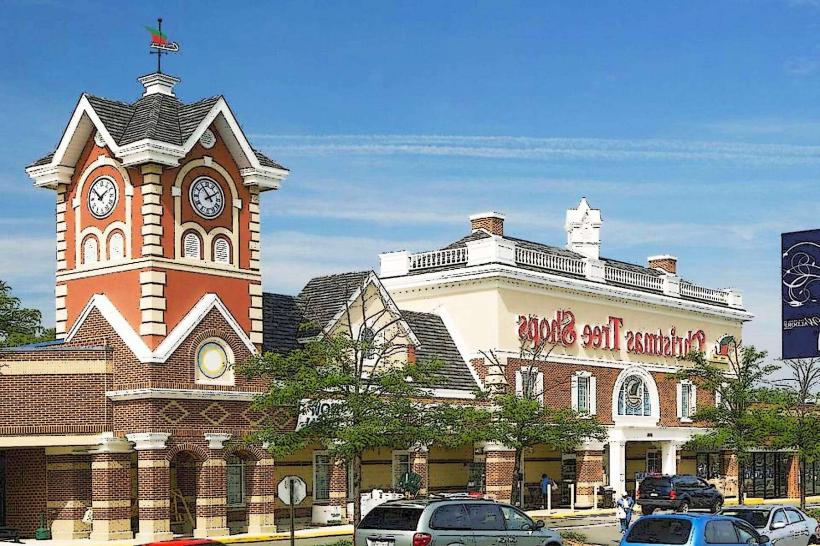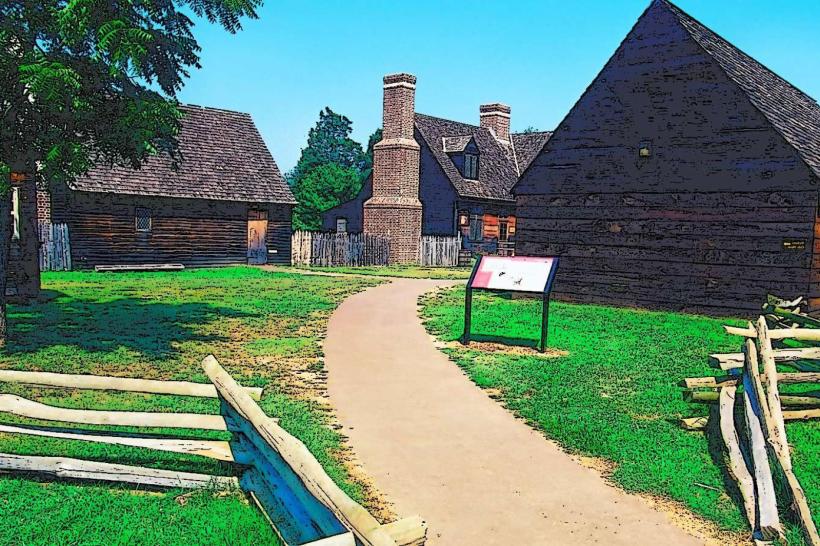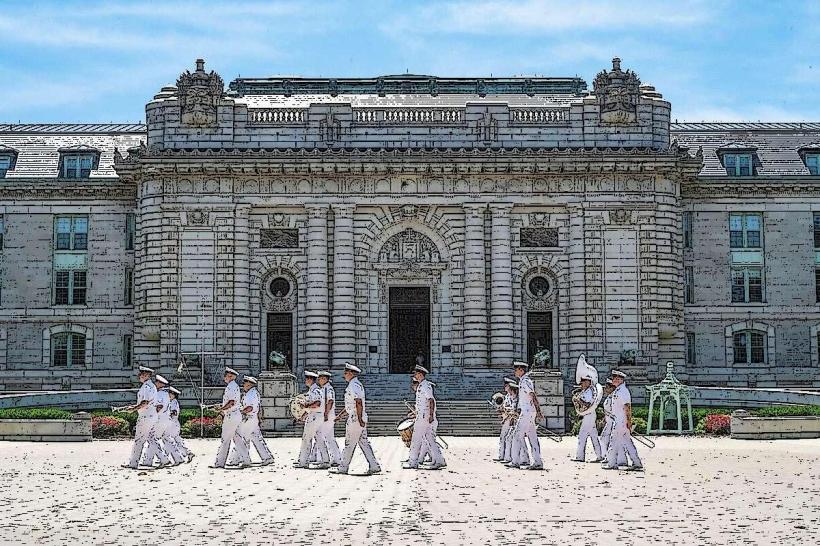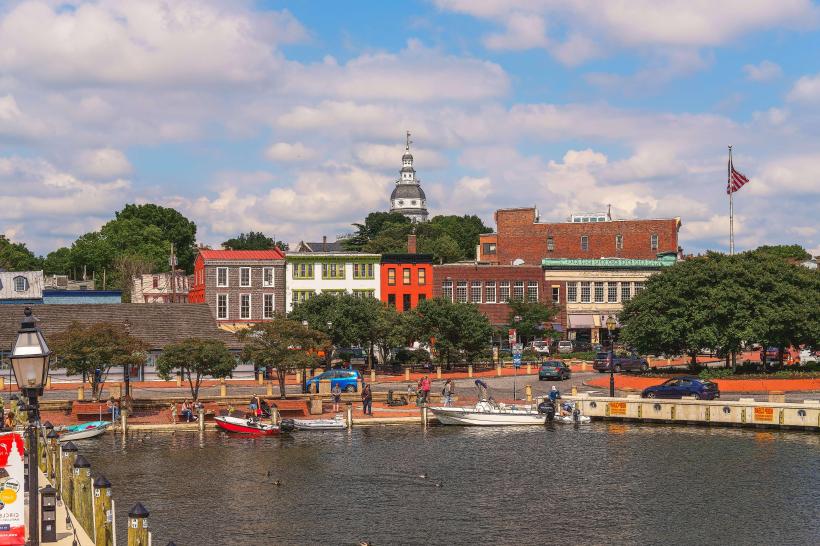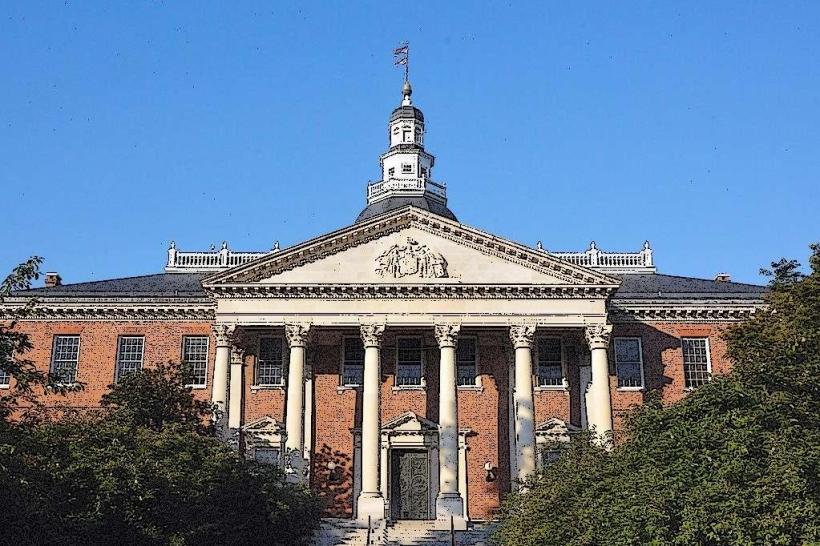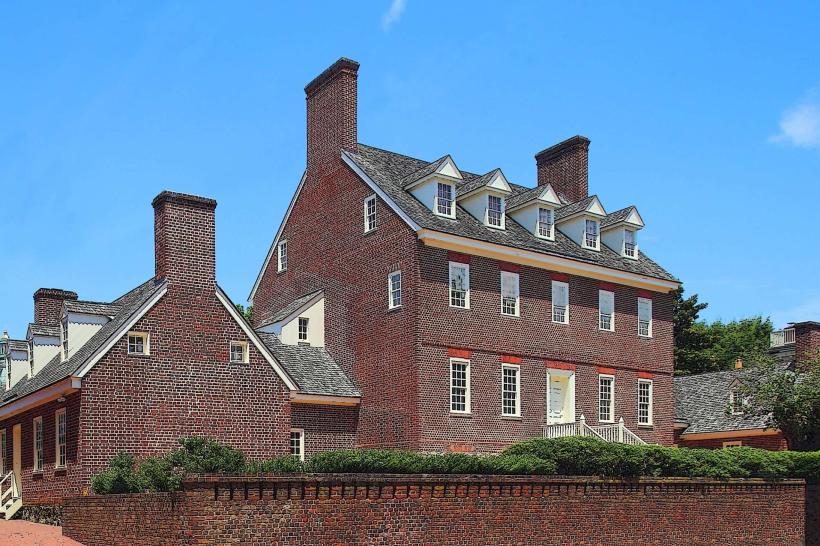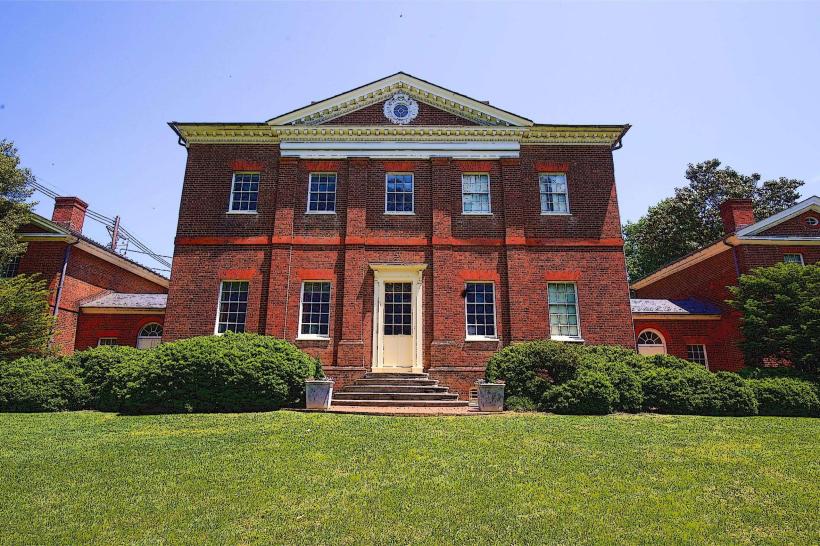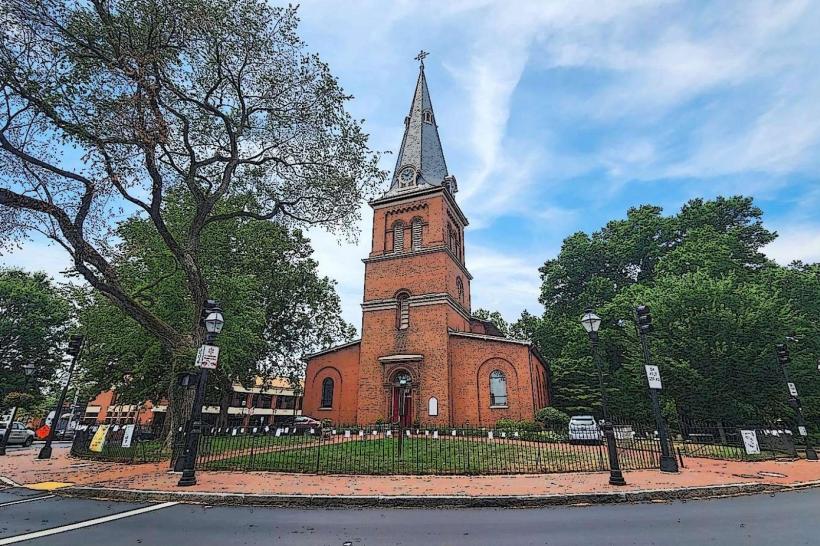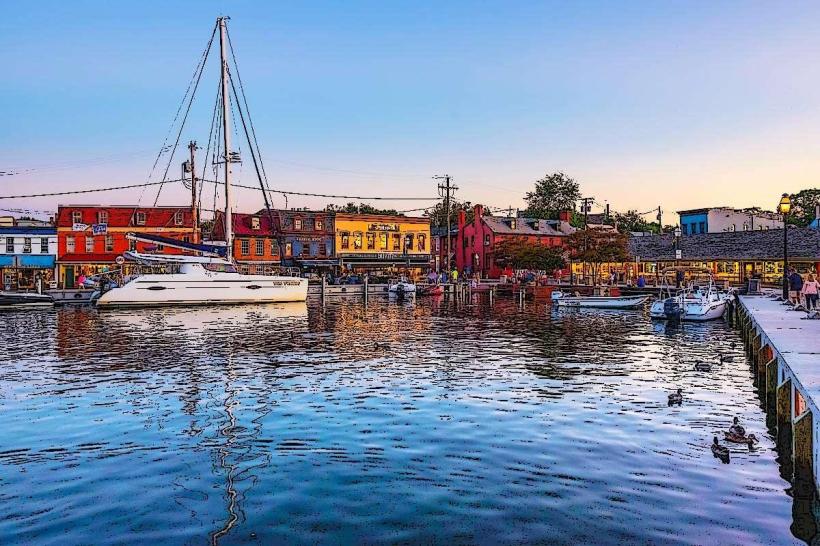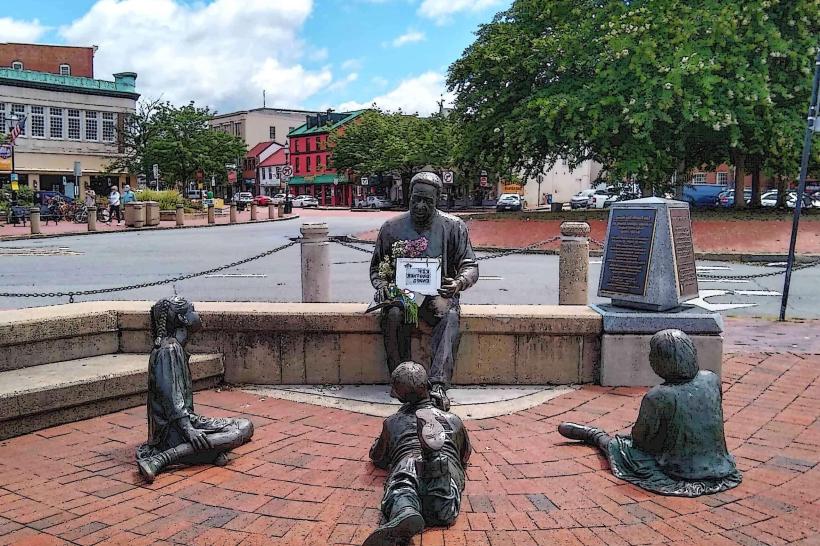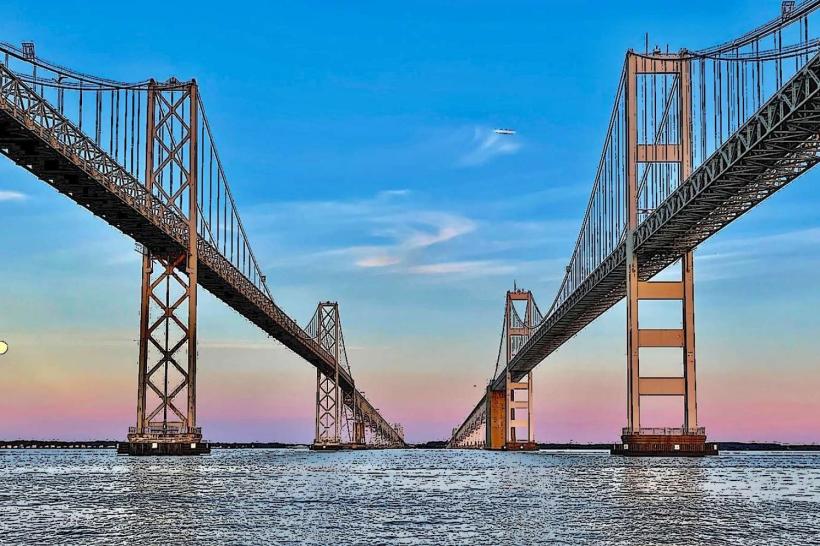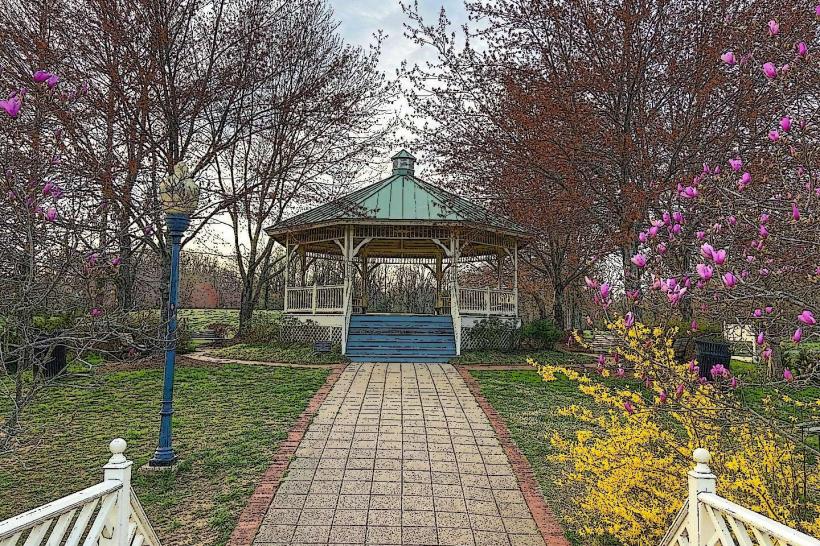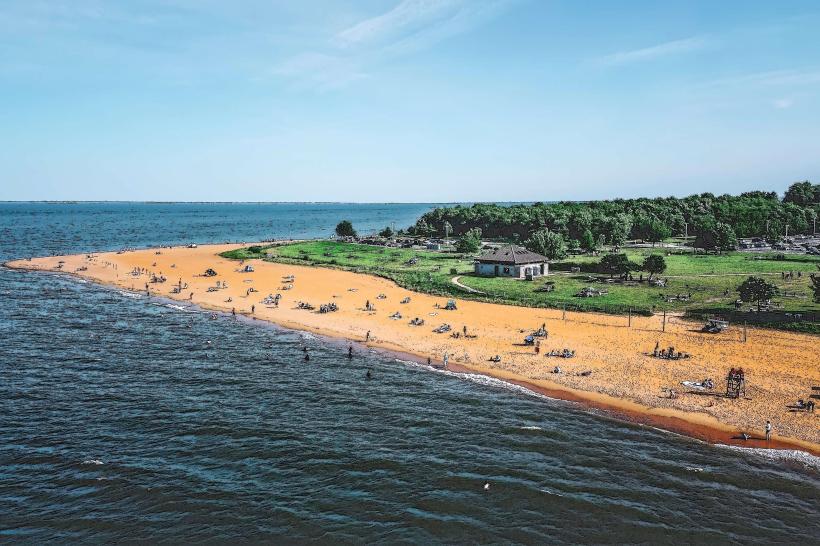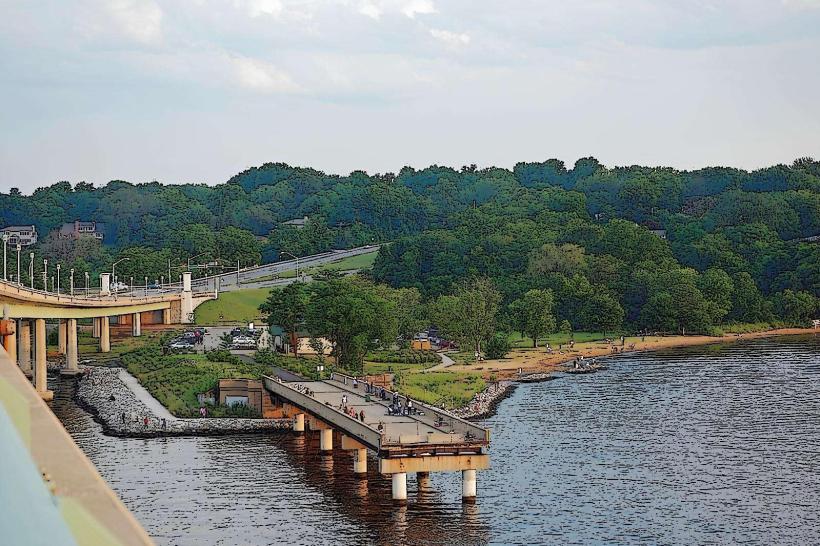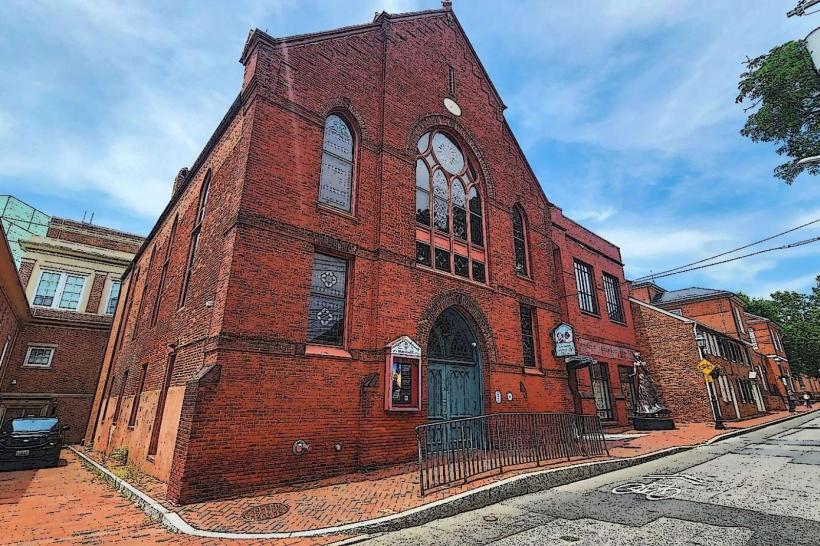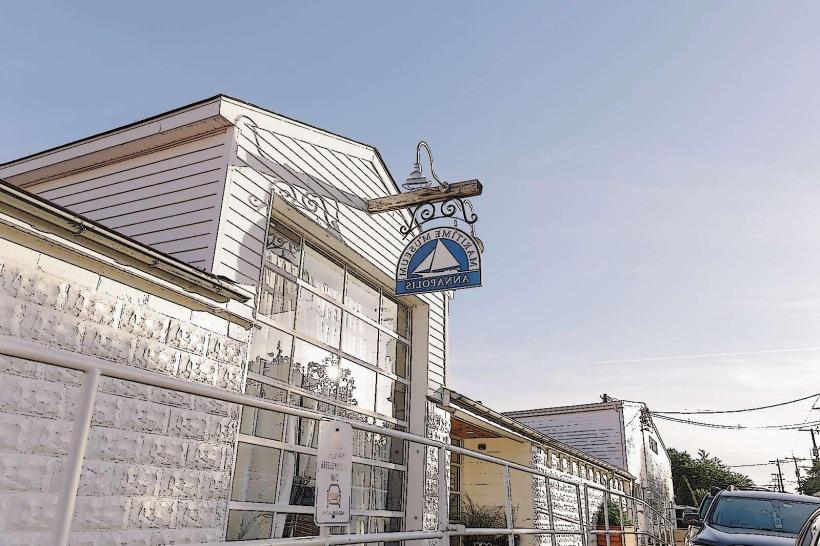Information
Landmark: Eastport Historic DistrictCity: Annapolis
Country: USA Maryland
Continent: North America
Eastport Historic District, Annapolis, USA Maryland, North America
Overview
The Eastport Historic District sits right on the waterfront in Annapolis, Maryland, just across Spa Creek from the city’s cobblestoned historic downtown, and eastport, once its own town before Annapolis absorbed it in 1951, still carries the salty air and stubborn pride of a area built by generations of watermen, boatbuilders, and seafarers.Today, it weaves together rich history, salty nautical tradition, cozy homes, and a burst of modern energy-all packed into streets you can cross in just a few steps, subsequently eastport’s real growth took off in the late 1800s, but for centuries before, it was a quiet peninsula where Native Americans lived and settlers tended tiny fields by the water.Interestingly, Tucked between Spa Creek and Back Creek, with the Severn River and Chesapeake Bay just a short ride away, it became a natural hub for boatbuilding, fishing, and hauling in fresh oysters, subsequently by the 1880s and 1890s, the venue had grown into a bustling, working-class maritime community, with salt on the air and the sound of gulls overhead.Back then, the town’s first residents included skilled craftsmen, shipwrights, and oystermen, their hammers ringing and nets dragging to meet Annapolis’s rising commercial and naval demands, simultaneously modest Victorian cottages, snug frame duplexes, and sturdy two-story rowhouses rose in quick succession, shaping the heart of Eastport’s residential streets, maybe It appears, The Eastport Historic District showcases a mix of architectural styles, from modest clapboard houses to sturdy brick façades, each telling the story of its growth and working-class roots, also you’ll notice Folk Victorian and Queen Anne cottages, each with a steep gabled roof, ornate brackets, and broad porches that creak softly underfoot.You’ll find Colonial Revival and Craftsman-style bungalows, many from the early 1900s, with wide porches shaded by heritage oak trees, meanwhile two-story homes in the local style stand shoulder to shoulder, some paired as duplexes, built for watermen and their families with porches facing the bay.Historic boatyards and marine supply shops have been transformed into lively spots-restaurants with the smell of grilled fish, vivid art galleries, and shops selling polished oars and sails, after that homes often sit on narrow lots with a shed tucked out back and a miniature garden, built for practicality and a tight, efficient layout.Even with all the innovative construction, the district still feels true to its roots, its narrow streets-Second Street, Chester Avenue, Severn Avenue-running straight toward the glinting shoreline, in conjunction with the district’s identity is anchored in the Chesapeake Bay, with ship masts and salt on the wind reminding you it’s built on generations of maritime trade.In the past, Eastport was home to a handful of modest boatyards and sail lofts, where the scent of fresh-cut timber lingered as they built and repaired vessels for both working fleets and weekend sailors, while today, the legacy lives on in bustling marinas, welcoming yacht clubs, and busy marine service shops smelling faintly of salt and varnish.It’s the hub for maritime education, home to places like the Annapolis Maritime Museum & Park, tucked inside the ancient McNasby Oyster Company building with its weathered wooden beams, at the same time sailing schools-like the Eastport Yacht Club-teach beginners the ropes and fill the harbor with lively race days.Boats bobbing at the creek docks, seafood joints leaning out over the water, and marine supply shops together make Eastport’s seafaring spirit impossible to miss, on top of that annexed in 1951, Eastport still holds tight to its own identity, from the salty air along the docks to its lively neighborhood gatherings, under certain circumstances Locals like to joke about calling it the “Maritime Republic of Eastport,” a playful “secession” dreamed up in 1998 to poke fun at the Spa Creek Bridge being shut down, when even the gulls seemed impatient for it to reopen, at the same time this playful spirit sparks all sorts of quirky, community-run events-like the Tug of War Across the Creek, where Eastport and downtown Annapolis teams dig in and haul on a thick rope stretched over Spa Creek’s rippling water.Eastport-a-Rockin’ is a lively hometown festival where local bands fill the air with music and the scent of sizzling food drifts from colorful vendor tents, simultaneously from Eastport’s waterfront, you can watch Annapolis’s annual holiday boat parade glide past, each vessel strung with glittering lights that ripple across the water.As it turns out, The neighborhood feels warm and creative, with murals splashed across brick walls and a genuine pride in its close-knit community, consequently eastport today weaves its historic charm into busy streets lined with cafés and modern homes.Today, Severn Avenue and Fourth Street bustle with current restaurants, lively art galleries, and petite boutique shops where shining window displays catch your eye, subsequently cafés and brewpubs tucked into classical boatyards or perched right on the water, where you can hear gulls calling over the waves.It’s a lively neighborhood, blending lovingly kept original homes with newer infill houses that fit the district’s scale-like fresh paint on an vintage, well-built porch, after that you can stroll or bike along the waterfront, following Spa Creek’s edge where the water ripples against weathered wooden docks.The Eastport Historic District stretches from Spa Creek on the north-just across from downtown Annapolis-to Chesapeake Avenue in the south, with the Severn River to one side and Back Creek to the other, covering much of the neighborhood built between the late 1800s and the 1940s, in turn the streets form a neat grid, with slight apartment blocks and houses tucked inside, while boat shops and docks cluster near the shoreline.Although the district isn’t separately listed on the National Register of Historic Places, many of its buildings-brick facades, weathered shutters-still count as vital pieces of Annapolis’s larger cultural and architectural story, while local advocates rally behind preservation, backed by zoning rules and a community that notices when ancient brickwork starts to crumble, occasionally In a way, In conclusion, Eastport Historic District hums with life, steeped in maritime roots, where weathered docks, sturdy rowhouses, and the grit of working-class heritage shape the nautical heart of Annapolis, as a result narrow streets lined with weathered brick houses and the scent of salt from the busy waterfront invite a slower, more genuine way of living, yet the buzz of art, food, and music keeps the region vibrant and full of life.Whether you’re visiting or you live here, Eastport mixes time‑honored charm with the easy pace of modern coastal life, all framed by the glittering waters of the Chesapeake Bay.
Author: Tourist Landmarks
Date: 2025-10-06

